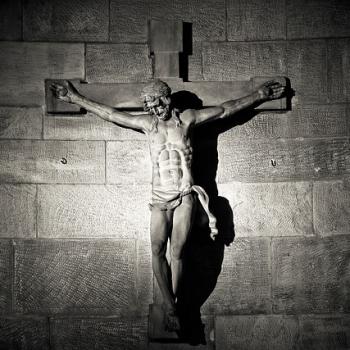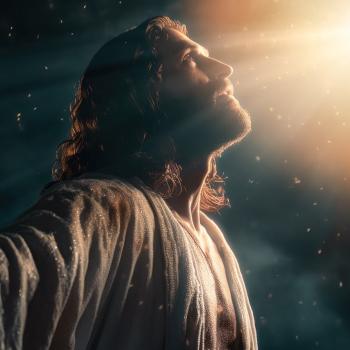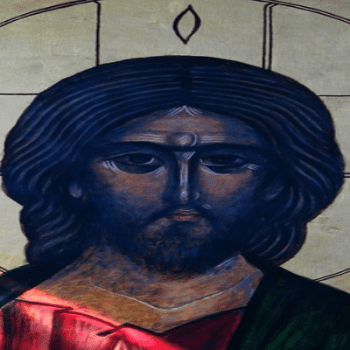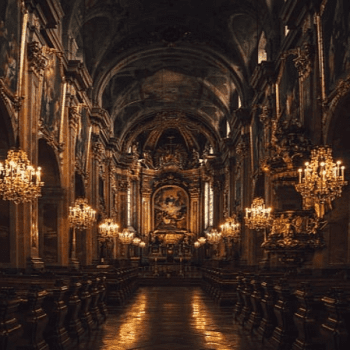“We are an Easter People, and Alleluia is our song!” – Pope John Paul II. As Catholics, it is quite easy to fall into a sense of existential comfort. The most important battle – the fight for our salvation – has already been won by Christ. This victory, celebrated most clearly on Easter, cannot be understated. Nevertheless, there is a crucial reason why Catholicism uses a crucifix, not just a cross, as a symbol. It is because Christ’s victory was... Read more

















